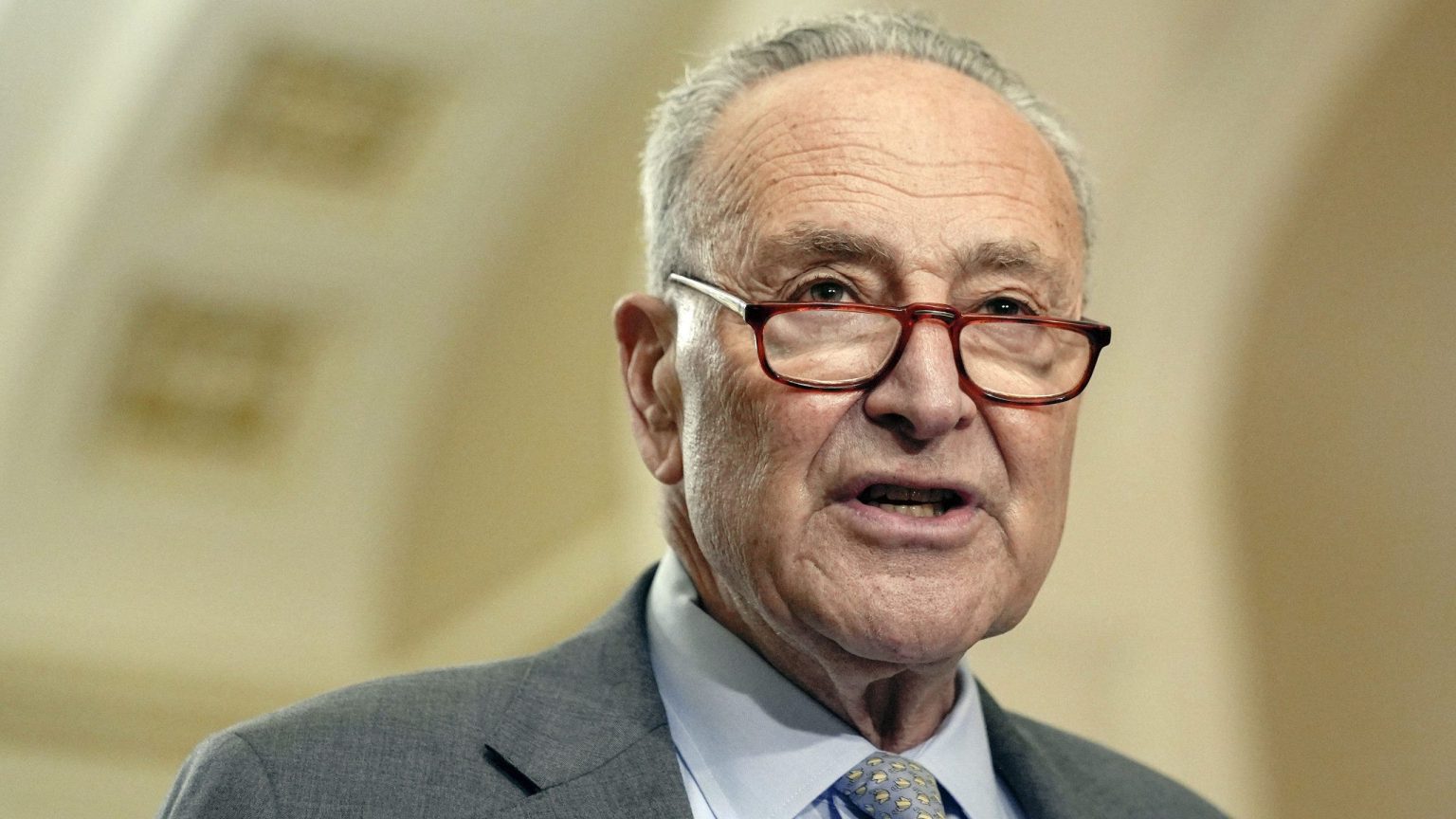The Democratic Party, under the leadership of Senate Minority Leader Chuck Schumer, is embarking on a period of introspection following a disappointing performance in the 2024 election. The party suffered significant losses, losing the presidency, failing to gain control of the House of Representatives, and relinquishing their hold on the Senate. Schumer acknowledged the defeat, characterizing it as both a loss and a challenge, and stressed the need for the party to engage in self-criticism and identify the missteps that contributed to their electoral setbacks. This self-assessment comes as prominent figures within the Democratic Party, such as strategist James Carville, point to the economy as a primary factor in the party’s losses, echoing the famous “It’s the economy, stupid” mantra from the 1992 presidential campaign.
Schumer admitted that the Democrats faced strong headwinds going into the election, particularly in the Senate races where they were defending a number of seats in challenging political terrain. However, he conceded that internal factors also played a role in the party’s underperformance. A key area of concern highlighted by Schumer was the party’s communication strategy, specifically its failure to effectively connect with working-class families. While Democrats passed legislation aimed at supporting these families, Schumer acknowledged that they fell short in conveying empathy and demonstrating a genuine understanding of their concerns. He suggested that the party’s focus on the technical details of policy, rather than the real-life impact on working families, created a disconnect that ultimately cost them votes.
This disconnect, according to Schumer, prevented working families from fully appreciating the extent of the Democrats’ efforts and their commitment to improving their lives. He argued that the party’s messaging failed to resonate with these voters, leaving them feeling unheard and overlooked. As a result, many working families gravitated towards the Republican Party, despite the Democrats’ legislative achievements. This failure to connect with a crucial demographic underscored a broader communication problem for the Democratic Party, a problem that Schumer believes needs urgent attention.
Moving forward, Schumer emphasized the need for the Democratic Party to prioritize direct engagement with working families. He outlined a strategy focused on building genuine connections and understanding the specific challenges faced by these communities. This involves shifting the party’s communication approach away from simply touting legislative accomplishments and towards demonstrating genuine empathy and concern for the everyday struggles of working families. Schumer believes that by actively listening to and addressing the anxieties and aspirations of this crucial demographic, the Democratic Party can rebuild trust and regain their support.
This renewed focus on working families aims to bridge the gap that emerged during the 2024 election cycle. Schumer believes that by prioritizing direct engagement and demonstrating genuine concern for their economic well-being, the Democrats can regain the trust of this key demographic. He stresses the importance of not only talking about legislation, but also addressing the broader economic conditions that contribute to the anxieties and insecurities felt by many working families. This involves understanding their struggles with issues like rising inflation, stagnant wages, and job insecurity.
Schumer’s call for reflection and strategic recalibration underscores the magnitude of the challenge facing the Democratic Party. The 2024 election served as a stark reminder of the importance of connecting with voters on an emotional level and demonstrating a clear understanding of their concerns. The party’s failure to effectively communicate its achievements and demonstrate empathy for working families contributed to its electoral setbacks. As the party looks ahead to future elections, Schumer’s emphasis on direct engagement and a renewed focus on the economic anxieties of working families suggests a shift in strategy, one that prioritizes building trust and understanding the real-life challenges faced by everyday Americans.

